PINNACLE predicts protein functions in cells and tissues, can help improve drug discovery.
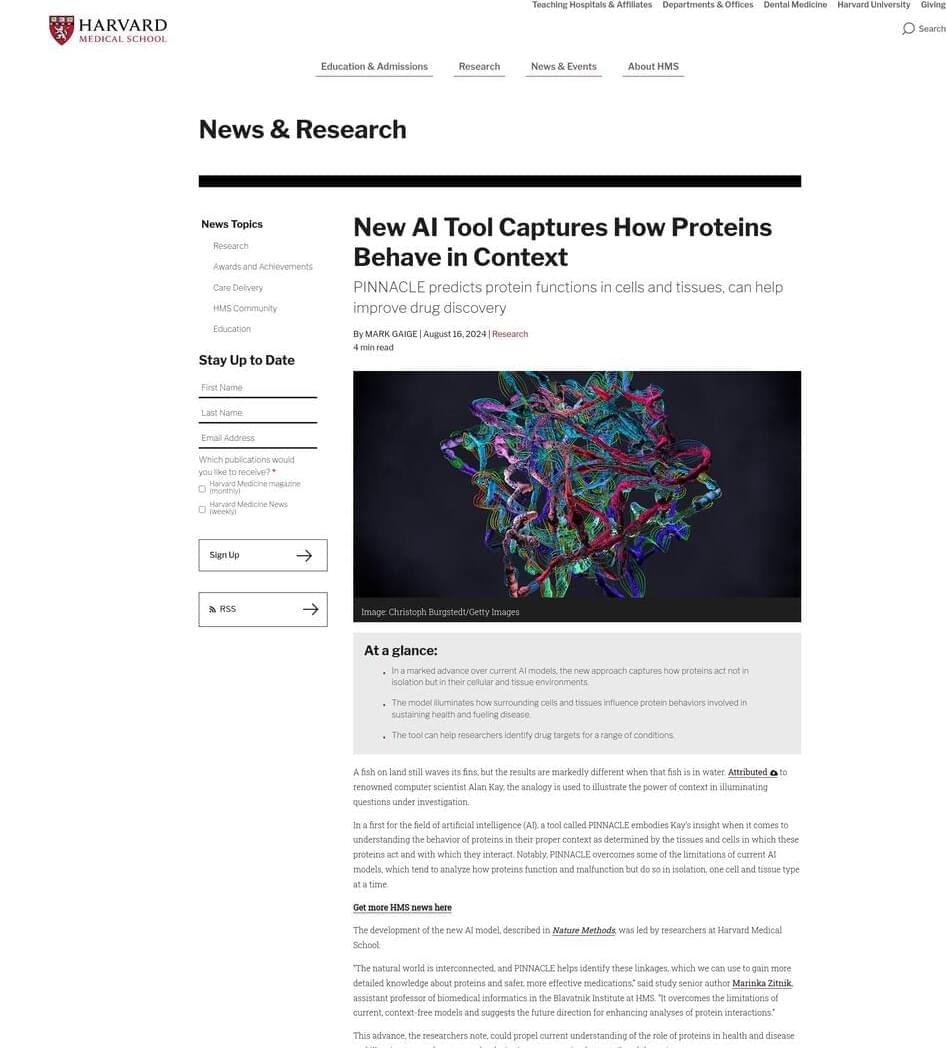

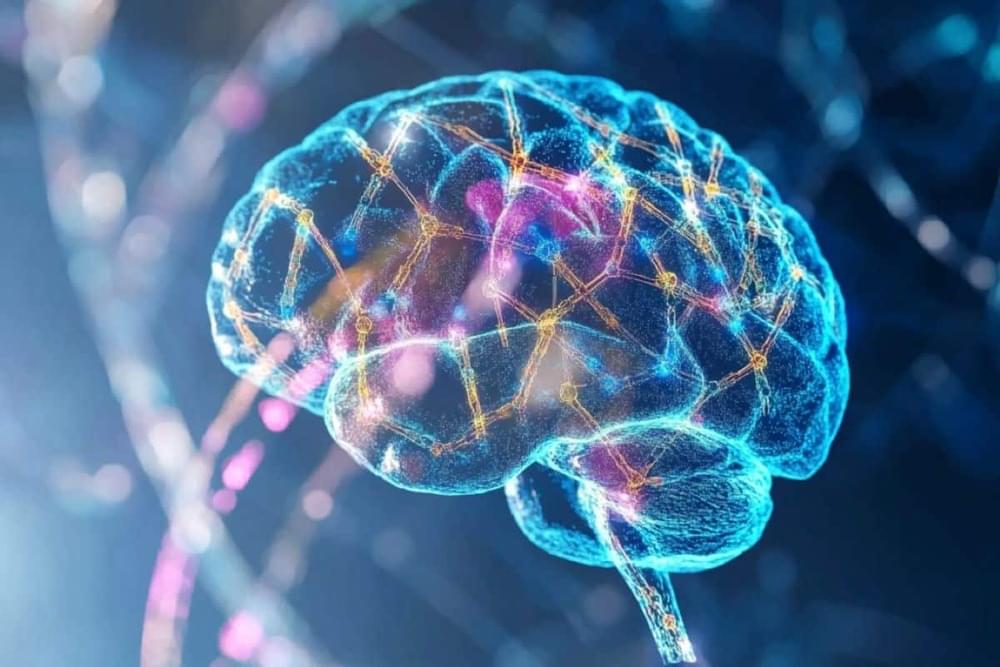
Summary: Researchers identified how gene variations lead to brain changes associated with essential tremor, a common movement disorder affecting over 60 million people worldwide. The study used brain MRI scans and genetic data from over 33,000 adults to uncover genetic links to structural changes in the brain’s cortex and cerebellum.
These findings could lead to new drug targets by revealing how faulty protein disposal systems disrupt neural pathways, resulting in uncontrollable hand tremors. The research marks a significant step toward understanding and treating essential tremor more effectively.
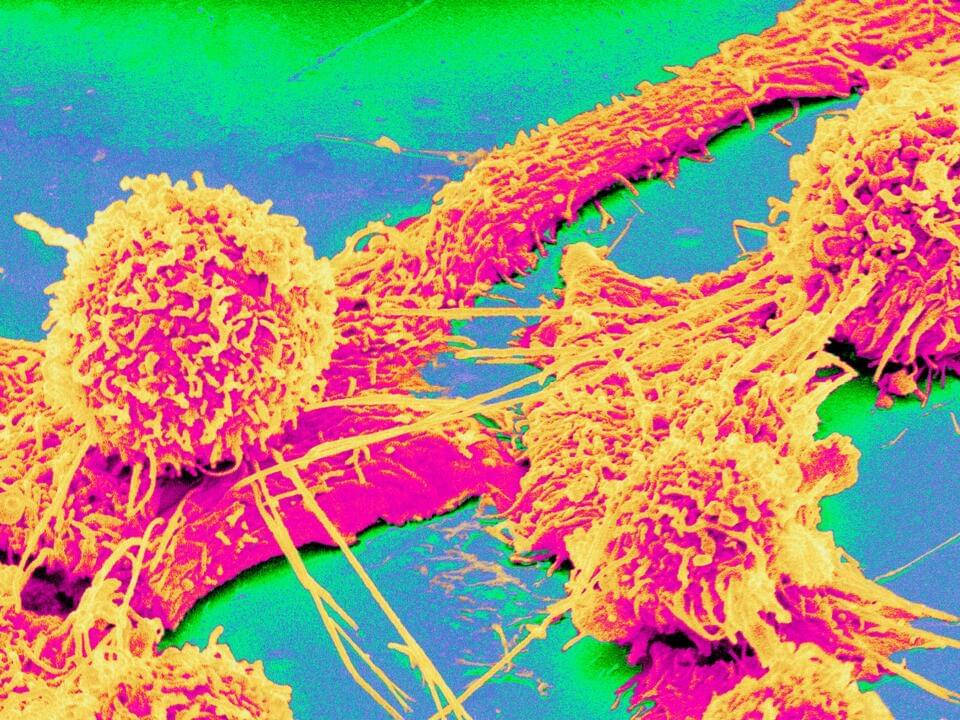
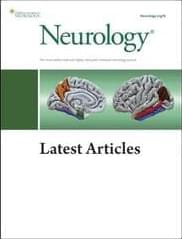
A 50-year-old man presented with headache. Examination showed left sided ataxic hemiparesis and elevated blood pressure. Brain imaging revealed an acute intracerebral hemorrhage in the right lentiform nucleus, deep and periventricular white matter hyperintensities, and predominantly deep cerebral microbleeds. Fundus examination showed important arteriolar tortuosity involving several blood vessels. In this young patient, we explain the diagnostic approach to intracerebral hemorrhage, the causes of cerebral small vessel disease, and the interpretation of biomolecular tests.
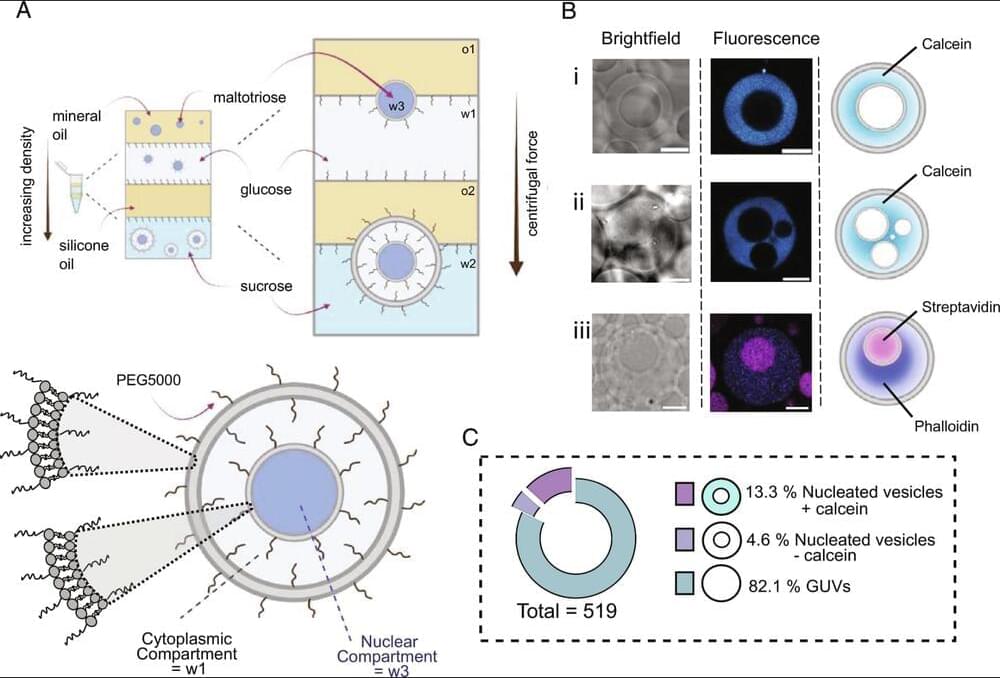
The brain’s white matter comprises areas of the central nervous system made up of myelinated axons. Its name is derived from the pale appearance of the lipids that comprise myelin. Myelin is a segmented sheath that insulates axons, ensuring the conduction of neural signals. The loss of myelin is documented in a number of neurodegenerative pathologies, including Alzheimer’s and Parkinson’s disease, and perhaps most notably, multiple sclerosis. As people age, demyelination becomes more likely.
Researchers have long suspected a relationship between cardiorespiratory fitness and the integrity of the brain’s white matter as people age. However, a lack of specific evidence has led researchers at the National Institutes of Health to conduct a study examining the strength of this correlation, now published in the Proceedings of the National Academy of Sciences.
To establish a correlation between cardiovascular fitness and cerebral myelination, the researchers recruited a cohort of 125 participants from age 22 to 94 years old. The cardiovascular fitness of the participants was quantified as the maximum rate of oxygen consumption, popularly and succinctly known as VO2max. Myelin content was defined as the myelin water fraction, which the researchers estimated through an advanced multicomponent relaxometry MRI method.
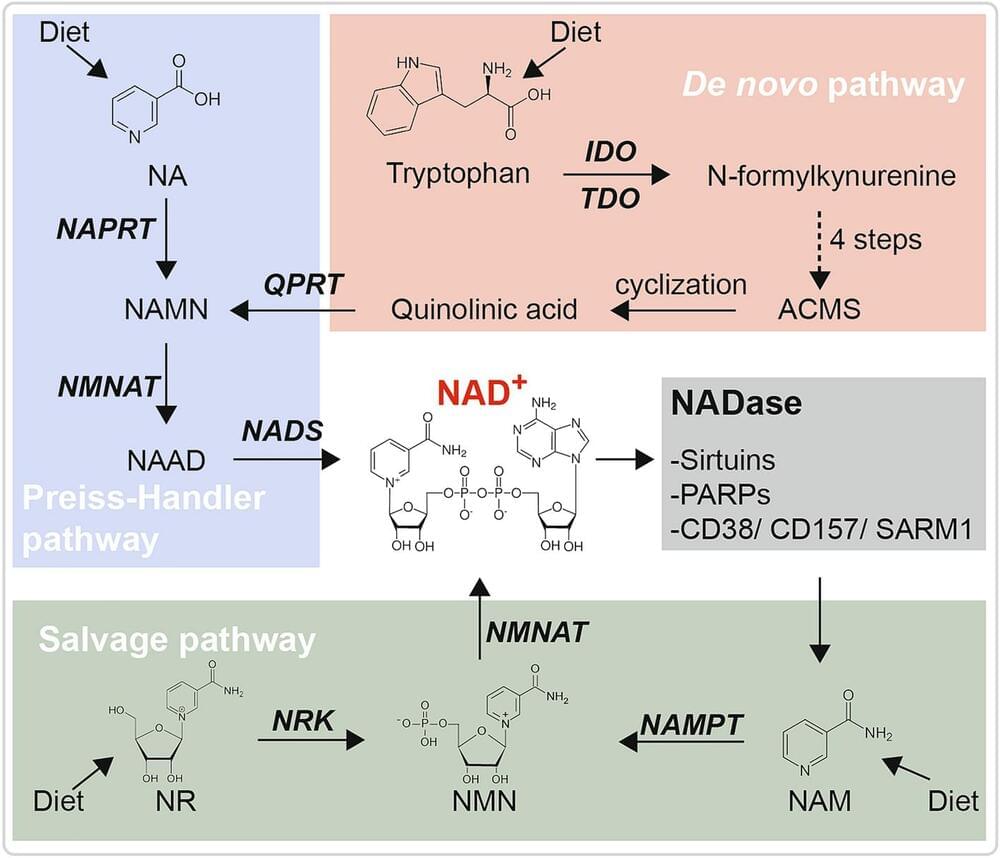
Shan C, Gong YL, Zhuang QQ, Hou YF, Wang SM, Zhu Q, et al. Protective effects of β- nicotinamide adenine dinucleotide against motor deficits and dopaminergic neuronal damage in a mouse model of Parkinson’s disease. Prog Neuro Psychopharmacol Biol Psychiatry 2019, 94: 109670.

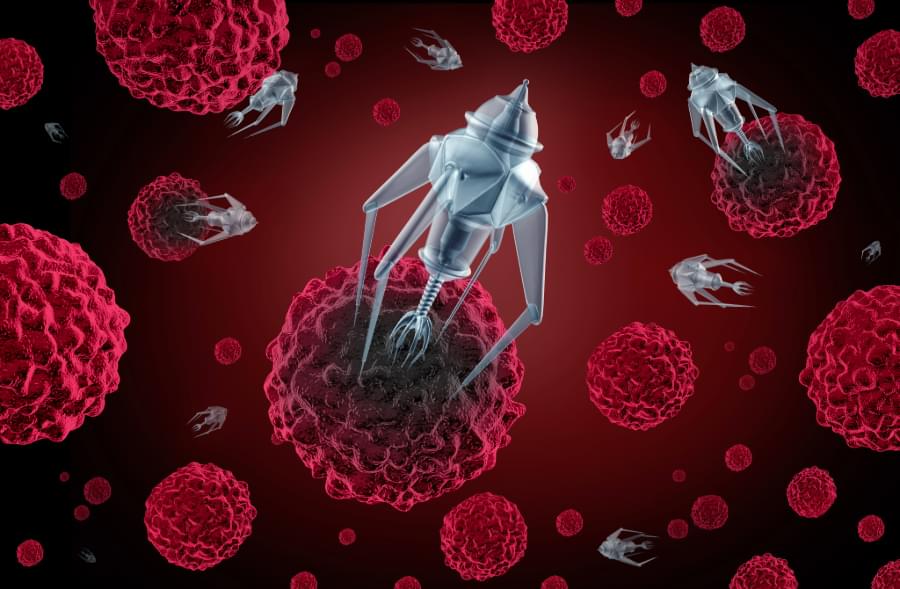
Nanobots are tiny, ~50–100 nm wide robots that perform a single, highly specialized task. They work incredibly well for administering drugs. Drugs typically act throughout the body before entering the diseased area. The medication can be precisely targeted with nanotechnology, increasing its effectiveness and lowering the possibility of negative side effects. Special sensor nanobots can be inserted into the blood under the skin where microchips, coated with human molecules and designed to emit an electrical impulse signal, monitor the sugar level in the blood.
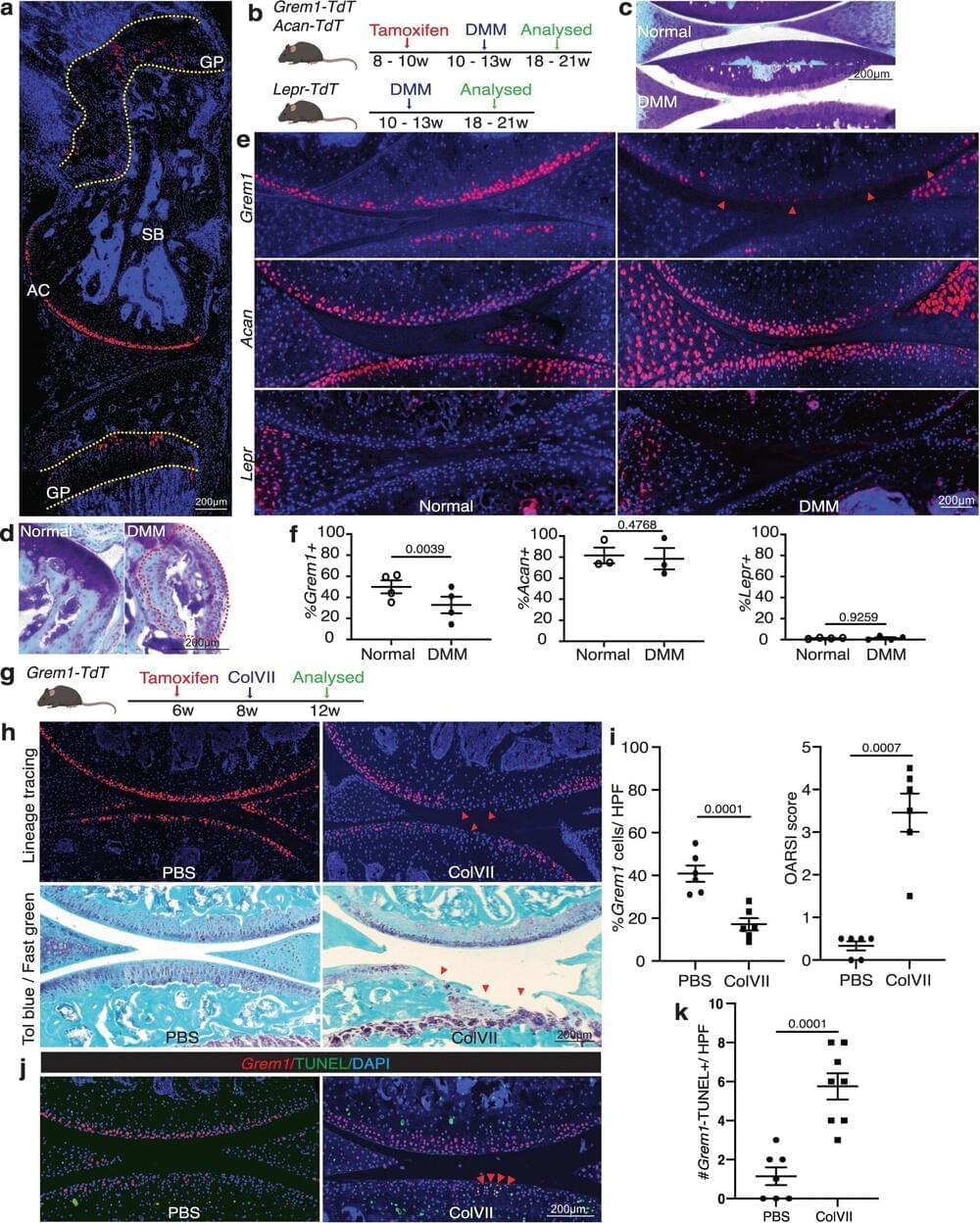
Year 2023 face_with_colon_three
Current osteoarthritis treatment manages symptoms rather than addressing the underlying disease, but a new University of Adelaide study has shown the condition may be treatable and reversible. The research is published in the journal Nature Communications.
Osteoarthritis is the degeneration of cartilage and other tissues in joints and is the most common form of arthritis in Australia, with one in five people over the age of 45 having the condition.
It is a long-term and progressive condition which affects people’s mobility and has historically had no cure. Its treatment cost the Australian health system an estimated $3.9 billion in 2019–20.
Rising antibiotic resistance drives interest in marine actinobacteria for new treatments.
They came across a natural compound that can inhibit the virulence of a dangerous strain of E. coli bacteria.